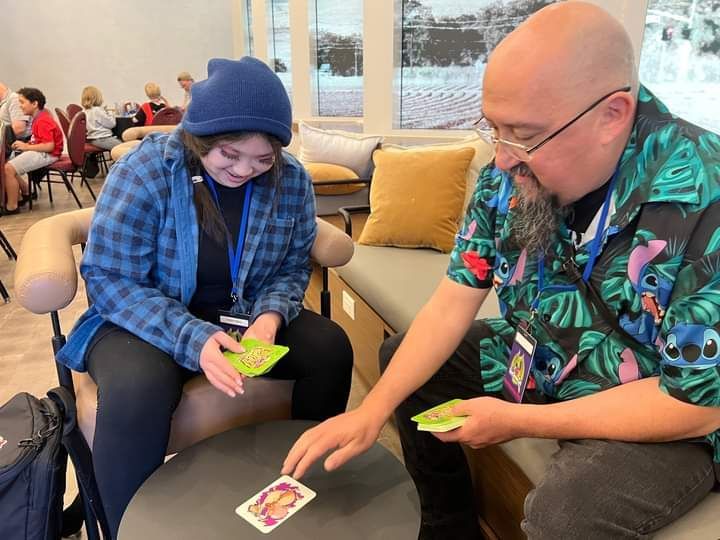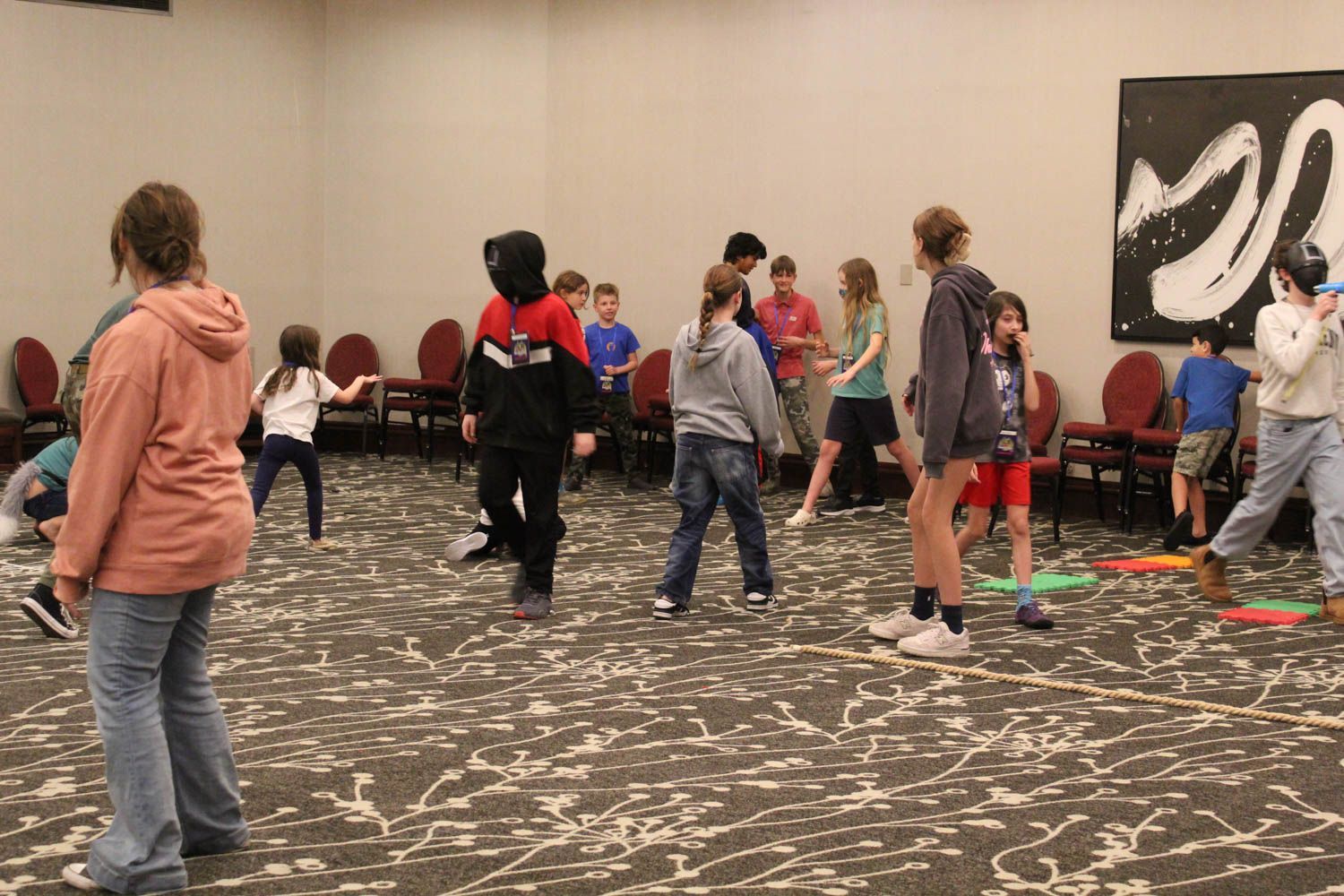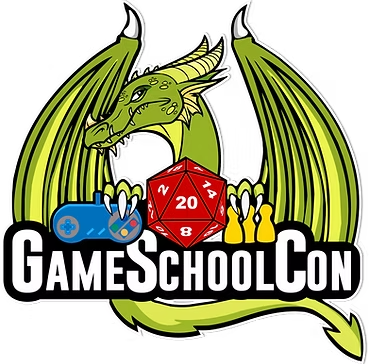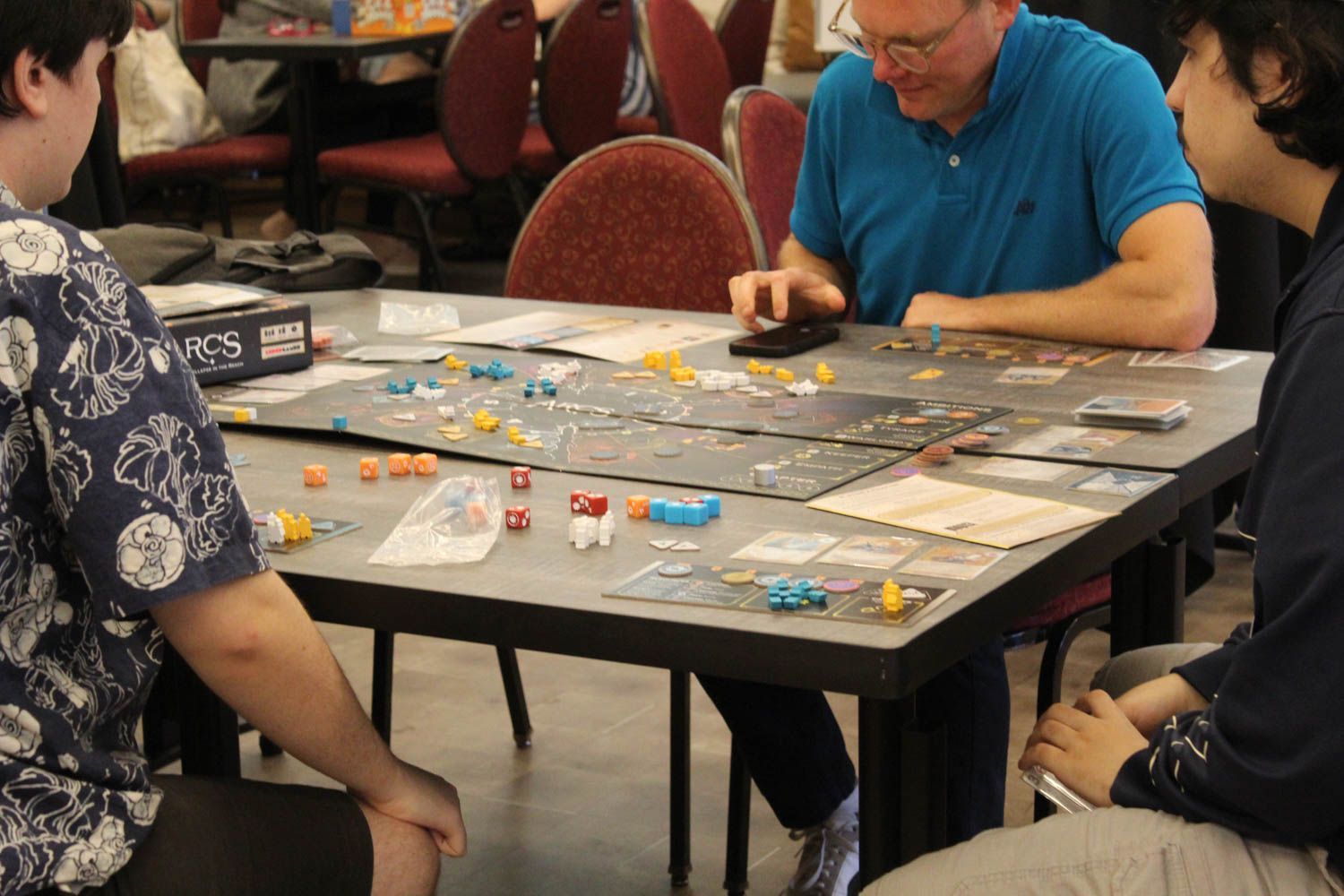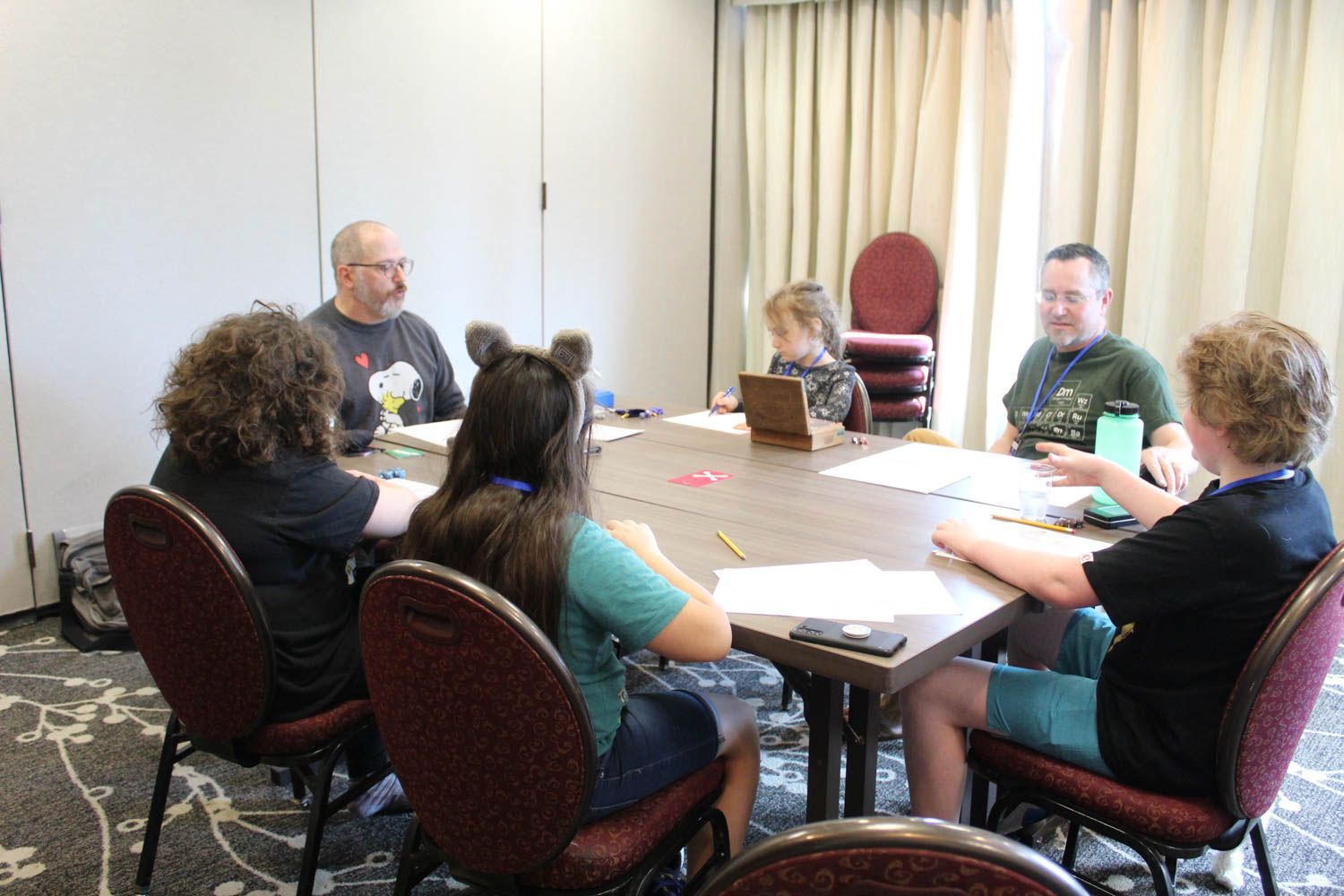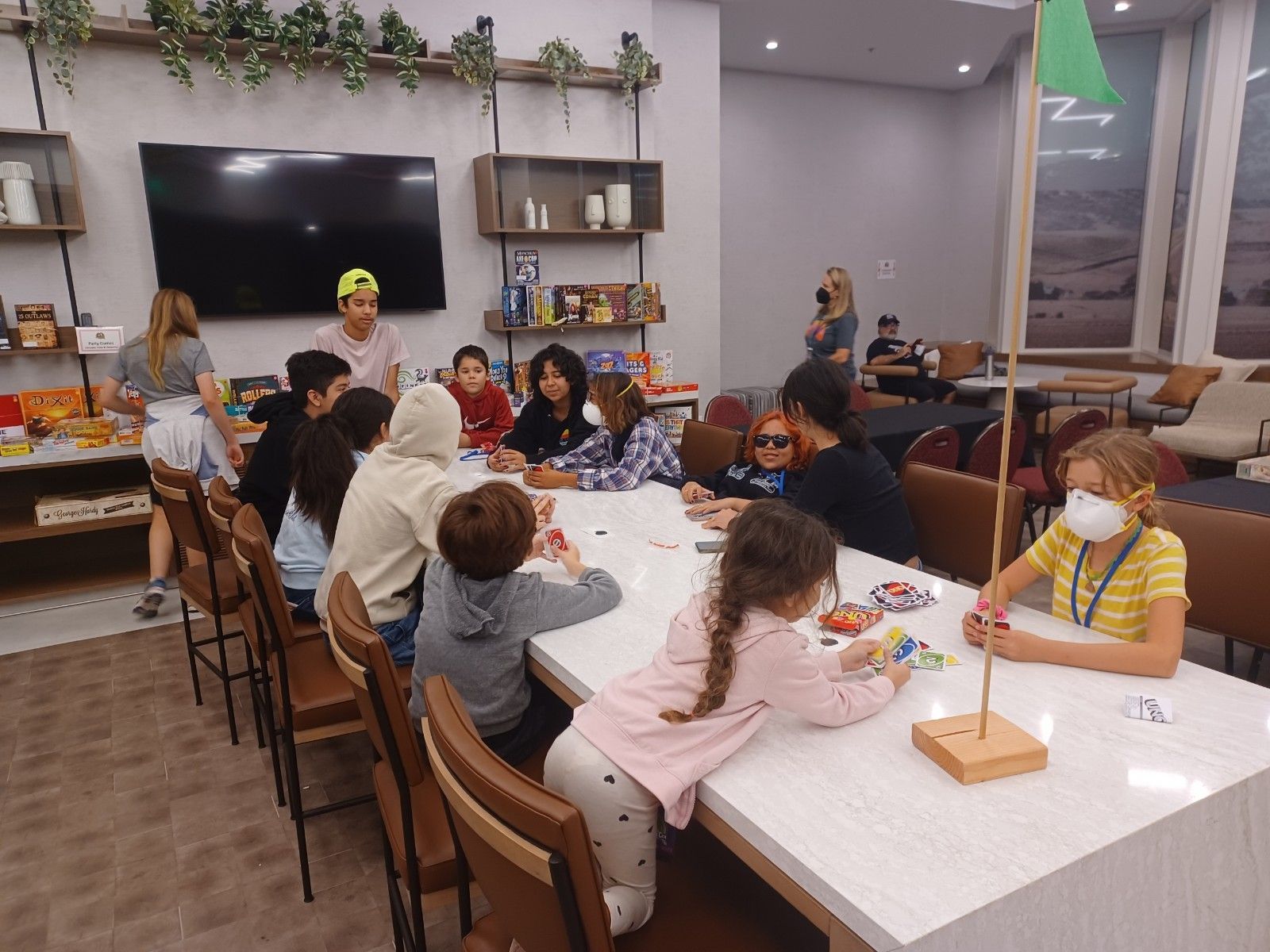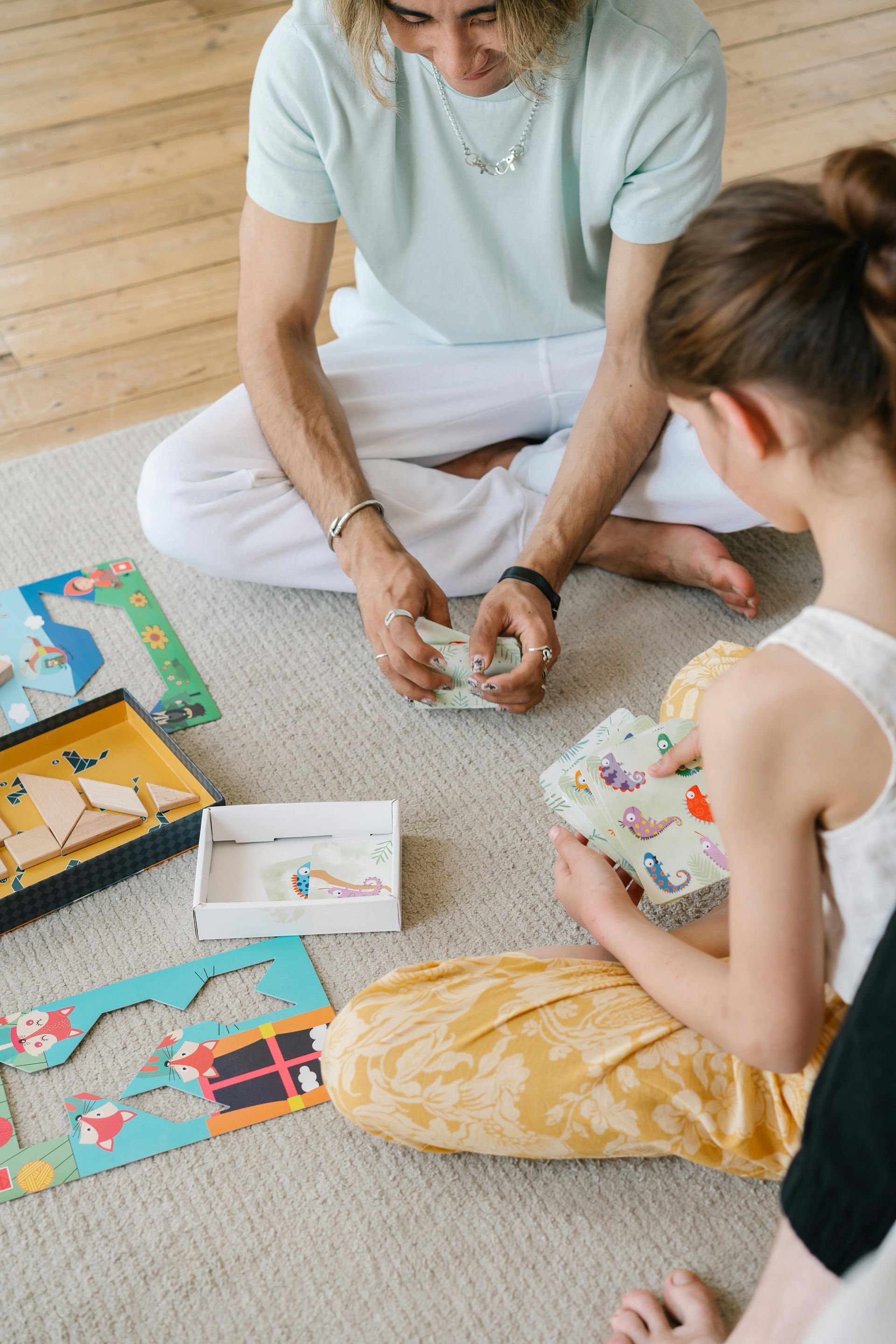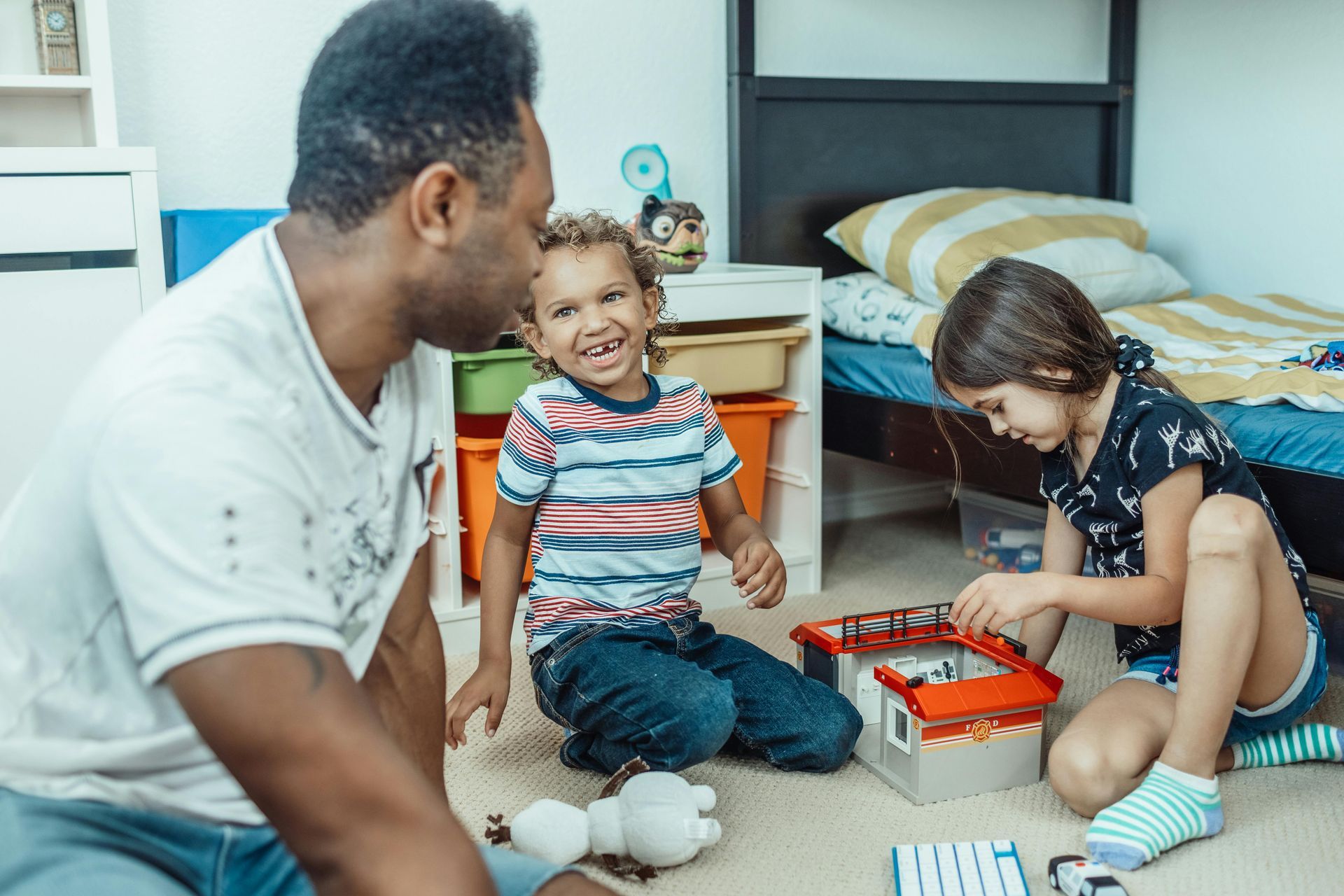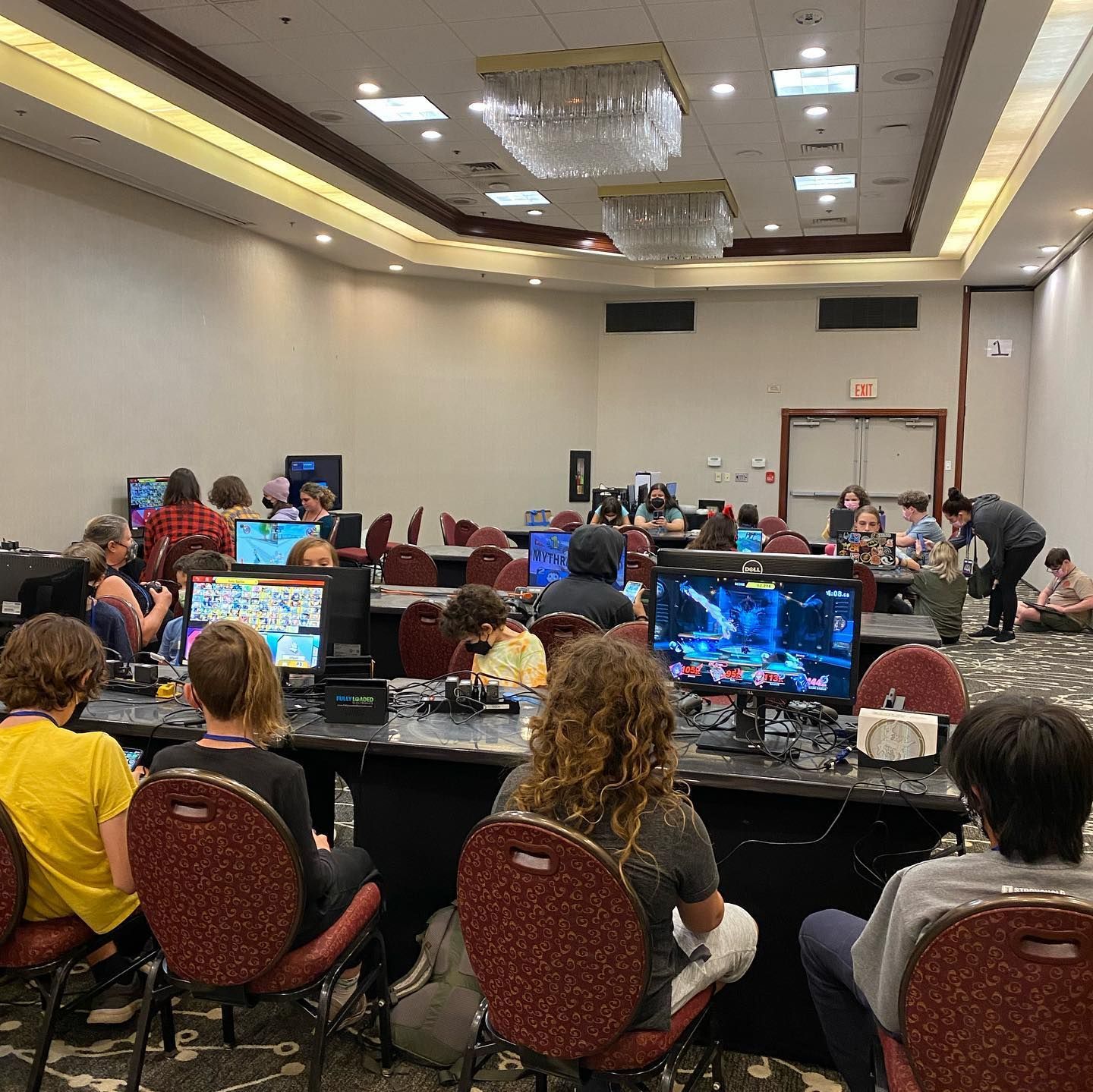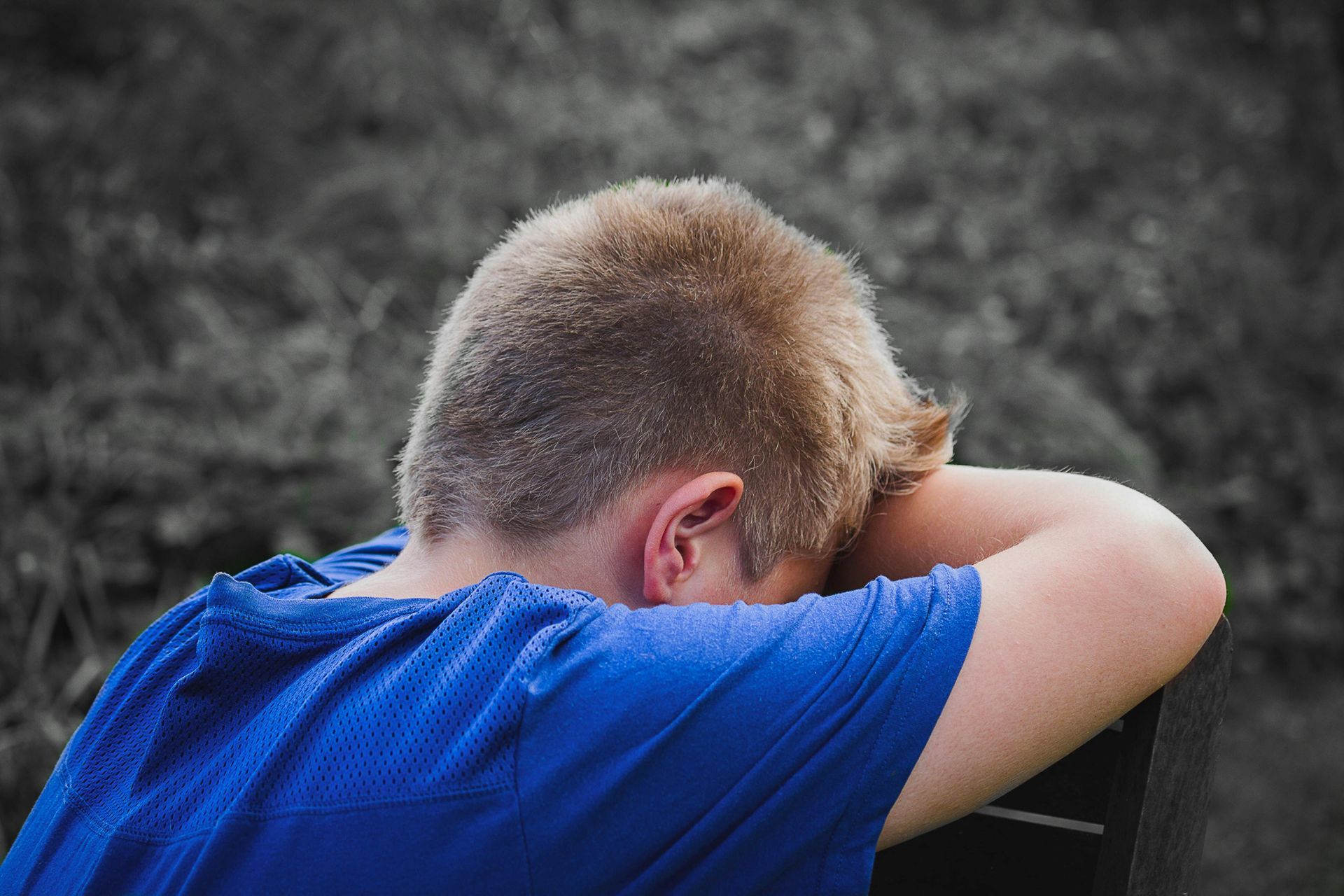February 19-22, 2026
How Games Can Help Kids With Anxiety, Confidence, and Social Skills
Erika Davis-Pitre • July 4, 2025
In a world that often feels overwhelming for kids—especially those who are anxious, shy, or neurodivergent—games offer something rare: a low-pressure, joyful way to connect, build confidence, and learn important social-emotional skills.
At GameSchoolCon, we see this transformation happen all the time. Kids who struggle in traditional social settings come alive at the game table. They collaborate, take turns, speak up, and try new things—not because they’re forced to, but because they want to.
Whether your child is navigating anxiety, lacks confidence, or just has trouble connecting with peers, the right games—and the right environment—can make a real difference.
Why Games Are Powerful Tools for Emotional Growth
Games are more than just entertainment. They create structured, predictable environments where kids can safely explore emotions, practice communication, and build resilience.
Here’s why games work:
They Reduce Social Pressure
In a game, kids don’t have to make small talk or navigate unstructured social time. The rules provide structure, the goal gives them purpose, and the play keeps things light. That means less pressure and more focus on the fun
They Encourage Turn-Taking and Teamwork
Many board games and tabletop RPGs involve cooperation and shared problem-solving. Kids learn to wait their turn, listen to others’ ideas, and contribute to a group goal—natural opportunities to build social awareness and collaboration skills.
They Promote Communication in a Safe Way
Shy or anxious kids often avoid speaking up. But in a game, they may need to ask questions, explain their moves, or strategize aloud. That “game voice” often grows into confidence that extends beyond the table.
They Build Emotional Resilience
Losing gracefully, trying again after failure, and dealing with unpredictability are all part of playing games—and life. Games help kids practice emotional regulation in a controlled setting, where the stakes are low and the rewards (fun, connection, pride) are high.
The Confidence Boost You Didn’t See Coming
We’ve heard countless stories from parents at GameSchoolCon:
- “My child never talks to other kids, but she joined a game of Codenames and now she’s texting new friends.”
- “He used to freeze up in groups. After playing D&D with a kind DM, he can't wait to sign up again.”
- “Board games were the first time my anxious child volunteered to take the lead.”
These moments matter. Games allow kids to try on leadership, creativity, and social roles they might not otherwise explore. And when they succeed—whether that’s leading a team, solving a puzzle, or telling a great story—they carry that success with them.
How GameSchoolCon Creates a Safe Space for Kids to Grow
GameSchoolCon is designed with inclusivity, accessibility, and emotional safety in mind. We believe in creating environments where kids of all neurotypes and confidence levels can thrive.
Here’s how we do it:
Welcoming Community
Our attendees are kind, curious, and often a little “outside the box” themselves. Many of our families include autistic, ADHD, LGBTQ+, or otherwise nontraditional learners. You don’t have to explain or apologize—just come as you are.
Low-Pressure Social Opportunities
Kids can dip in and out of social spaces at their own pace. From quiet corners to high-energy improv, we offer options that suit different personalities. The Teen & Tween Hangouts are especially popular with kids who feel overlooked at other events.
RPGs That Build Social Skills
Tabletop roleplaying games like Dungeons & Dragons are incredible tools for shy or anxious kids. Players step into characters, make decisions, speak up in a group, and experience meaningful consequences—all in a playful, low-stakes setting. Learn more about our RPG Sessions.
Game Tables with Built-In Connection
Our Game Library has hundreds of titles that encourage collaboration, problem-solving, and communication. Many tables are hosted by friendly volunteers ready to teach newcomers and gently guide play.
Games That Are Especially Good for Emotional Development
Here are just a few types of games we recommend for kids working on confidence and social connection:
- Cooperative Games (e.g.,
Outfoxed,
Forbidden Island): Build teamwork and reduce competitive anxiety.
- Storytelling & RPGs (e.g.,
No Thank You, Evil!,
D&D): Great for creative expression and safe risk-taking.
- Party Games (e.g.,
Codenames,
Just One): Simple rules, big laughs, and no pressure to be perfect.
- Logic & Puzzle Games (e.g.,
Rush Hour,
Zendo): Build solo confidence before stepping into group play.
Many of games like these games will be featured in our Play-to-Win Program, so kids can explore them—and maybe even take them home!
You’re Not Alone—And Neither Is Your Child
It’s hard watching your child struggle socially or emotionally. But you’re not alone. At GameSchoolCon, you’ll meet dozens of families navigating the same challenges—and celebrating the same small wins.
Every year, we see kids blossom in real time:
A nervous child walks into the game room…
A kind facilitator invites them into a game…
Laughter starts…
And by the end of the weekend, they’ve made friends, gained confidence, and can’t wait to come back.
It’s not magic. It’s the power of play in a safe, inclusive environment.
Join Us in 2026
February 19–22, 2026
Sonesta Irvine – Orange County Airport Hotel, California
Whether your child is outgoing or reserved, neurodivergent or neurotypical, anxious or adventurous, GameSchoolCon welcomes your family with open arms.
Register now and join a community where games do more than entertain—they help kids grow.
Want to Learn More?
- Read about What Gameschooling Is
- Get answers to common questions on our
FAQ Page
- Learn how to
Demo a Game or
Volunteer
- Explore our full list of
RPG Sessions and
Board Games
